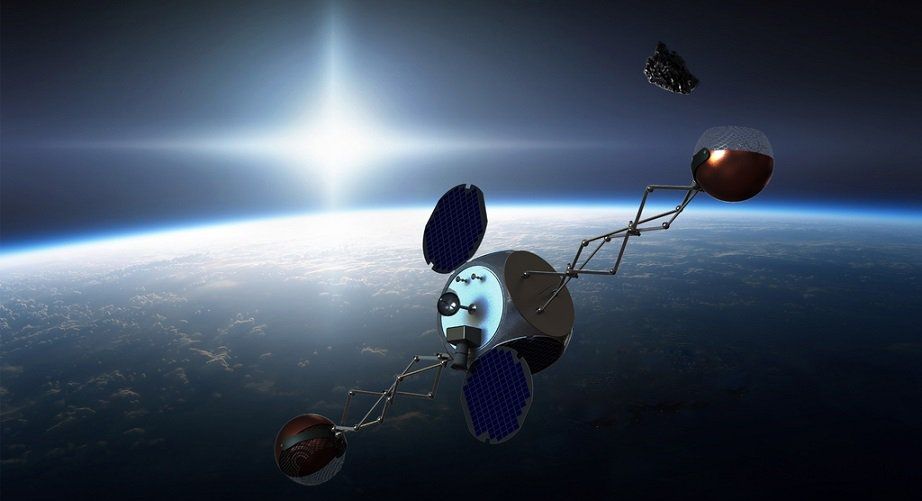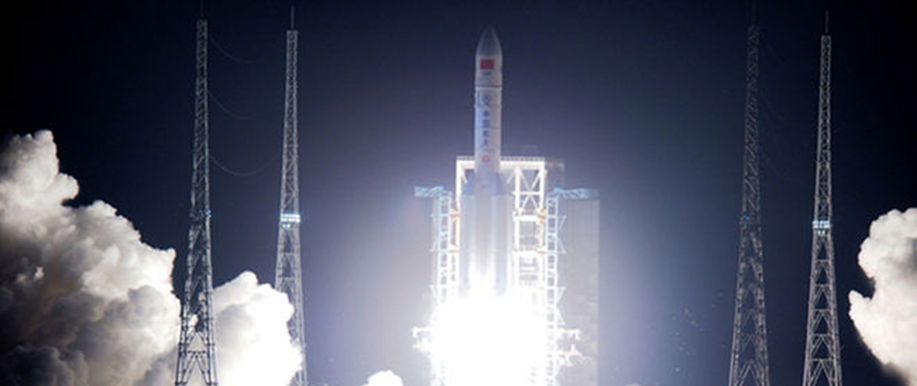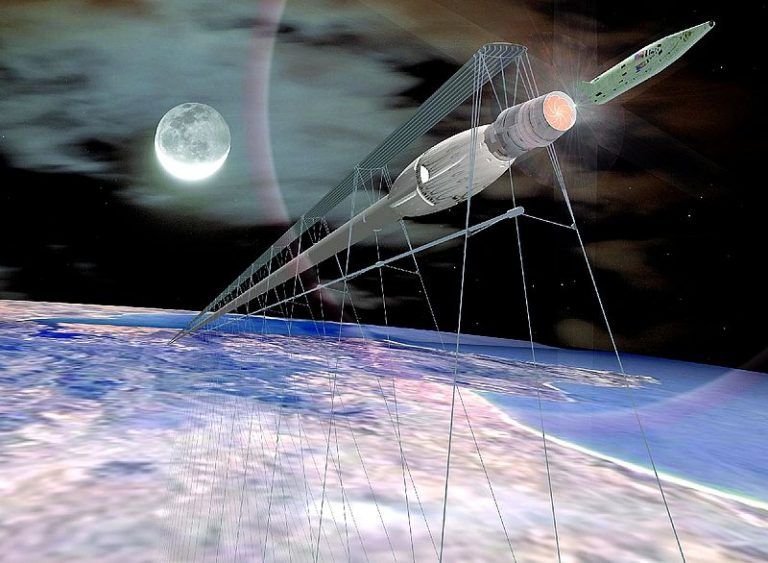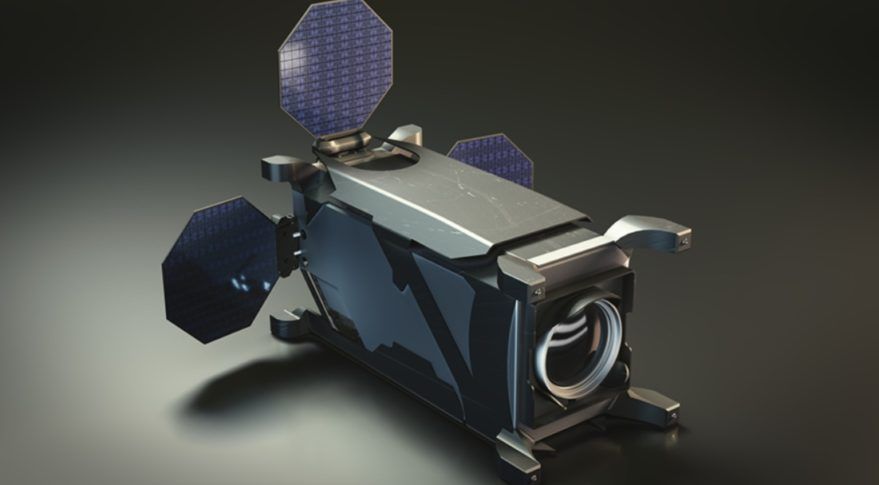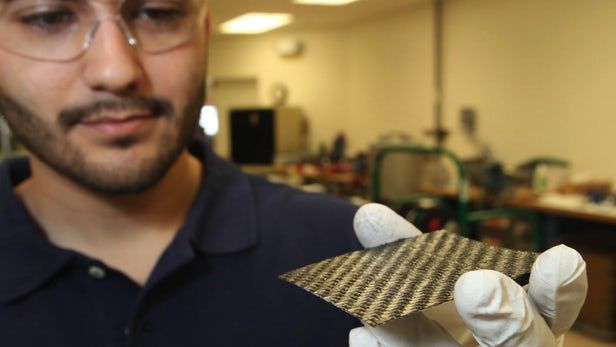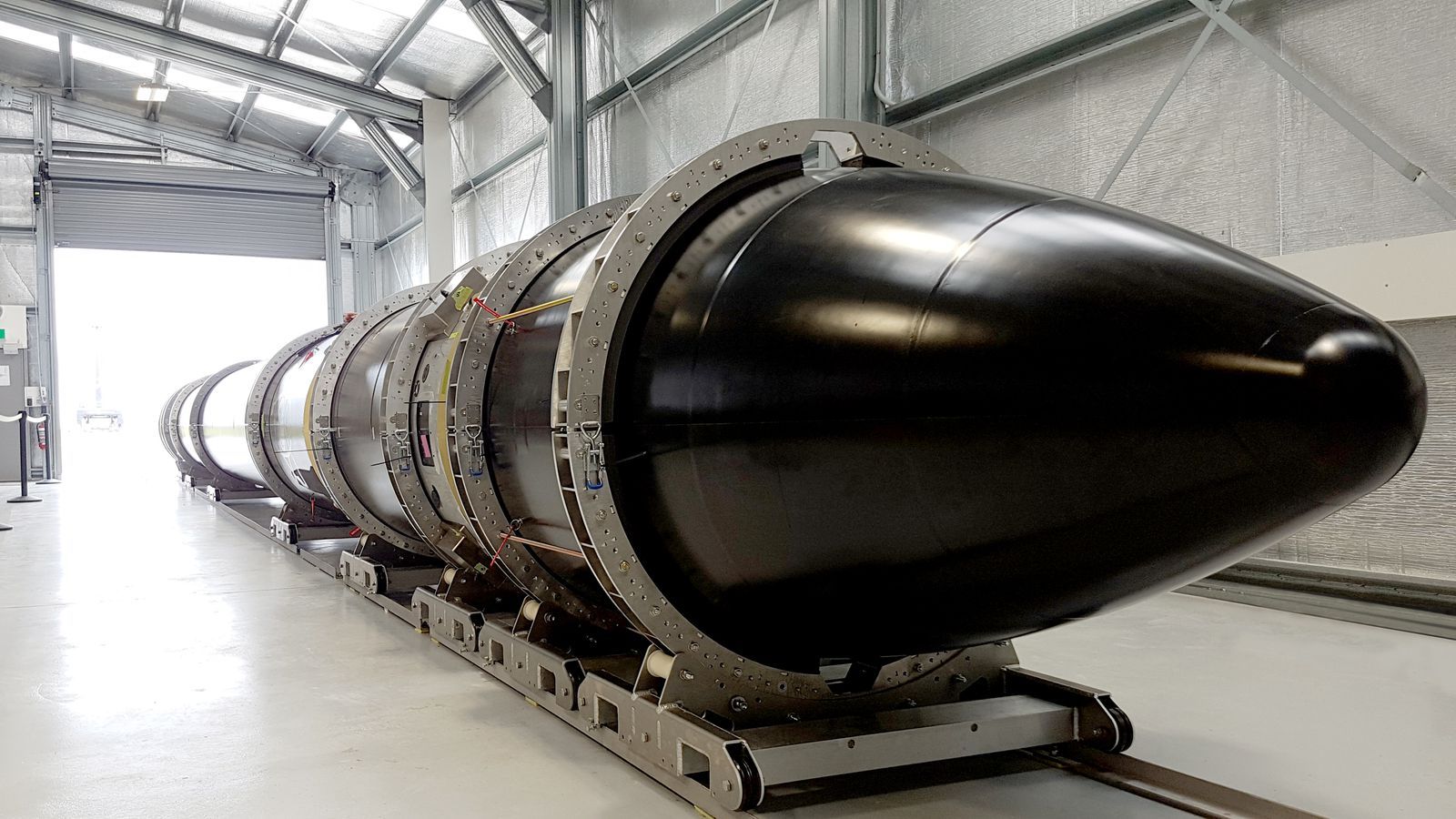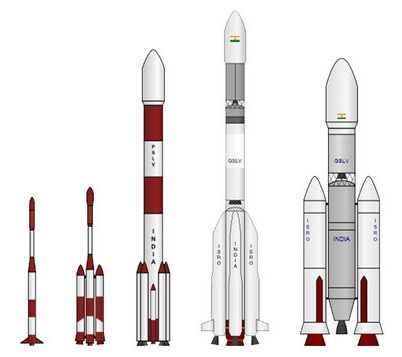Archive for the ‘satellites’ category: Page 175
Feb 26, 2017
Nano-Satellites Getting Closer to Take-Off
Posted by Karen Hurst in category: satellites
This post is also available in:  עברית (Hebrew)
עברית (Hebrew)
Enhancing situational awareness is a vital mission also in space. The US Department of Defense’s Strategic Command Joint Space Operations Center got Sky and Space’s signature on an agreement ahead of the company’s planned launch of 200 nano-satellites into space, as space junk continues to be a big issue.
The agreement provides for Sky and Space to receive “space situational awareness services” from the US Department of Defence so the company’s nano-satellites will be able to avoid objects like space junk and other satellites.
Feb 26, 2017
The ‘Celestial Empire’ Looks to Space
Posted by Andreas Matt in categories: futurism, satellites
China’s State Council, the country’s chief administrative authority, recently published a White Paper on its space policies. It not only lifted a veil of secrecy that shielded Beijing’s space policies, but also outlined the country’s recent achievements and offered a five-year outlook on future activities.
Since its first satellite launch in 1970, China has become a major player in the space domain. However, it was only in 2003 that China became the third country to independently send people into space.
Beijing has placed significant resources into narrowing the capability gap that has separated it from other leading nations in this area. It took only eight years from its entry into manned spaceflight, in 2003, to the launch of the first prototype component of its space station, the Tiangong-1.
Feb 25, 2017
Computing with biochemical circuits made easy
Posted by Karen Hurst in categories: bioengineering, biotech/medical, computing, satellites
Electronic circuits are found in almost everything from smartphones to spacecraft and are useful in a variety of computational problems from simple addition to determining the trajectories of interplanetary satellites. At Caltech, a group of researchers led by Assistant Professor of Bioengineering Lulu Qian is working to create circuits using not the usual silicon transistors but strands of DNA.
The Qian group has made the technology of DNA circuits accessible to even novice researchers—including undergraduate students—using a software tool they developed called the Seesaw Compiler. Now, they have experimentally demonstrated that the tool can be used to quickly design DNA circuits that can then be built out of cheap “unpurified” DNA strands, following a systematic wet-lab procedure devised by Qian and colleagues.
A paper describing the work appears in the February 23 issue of Nature Communications.
Feb 22, 2017
StarTram: MagLev creator wants to fire satellites into space through vertical hyperloop tube
Posted by Klaus Baldauf in category: satellites
Feb 18, 2017
EmDrive: Chinese space agency to put controversial tech onto satellites ‘as soon as possible’
Posted by Andreas Matt in categories: government, quantum physics, satellites
Chinese government confirms it has been funding EmDrive research since 2010 and believes in its benefits.
Feb 16, 2017
SatRevolution building new satellite plant in Poland with partners APWorks
Posted by Klaus Baldauf in categories: 3D printing, satellites
Polish company SatRevolution have announced plans to create a new satellite production plant in Poland and use 3D printing to develop the country’s first satellites. SatRevolution will partner with APWorks to produce a prototype of the Światowid satellite. Airbus subsidiary, APWorks, will provide metal additive manufacturing solutions to the Polish developers.
The Światowid is intended to measure cosmic radiation and electromagnetic interference. To facilitate launching, the design was developed in line with the cube-sat parameters. Measuring 10 × 10 × 20 cm, the satellite will weigh 2 kg.
The project will reportedly require $50 million to complete, with the satellite production facility planned to be built near the Polish city of Wroclaw.
Continue reading “SatRevolution building new satellite plant in Poland with partners APWorks” »
Feb 16, 2017
Thin, built-in batteries to free up valuable space on CubeSats
Posted by Klaus Baldauf in categories: habitats, satellites
Real estate is a valuable commodity aboard a CubeSat, a compact satellite about the size of a shoebox, so the smaller each component can be made, the better. To that end, scientists at NASA’s Kennedy Space Center and the University of Miami are developing a thin, solid-state battery, which could not only save space for more important instruments aboard satellites, but also provide power on other planets, in cars or within the walls of a home.
At less than 3 mm (0.1 in) thick, the new batteries could be incorporated into the structure of pint-sized satellites, rather than taking up room in the area designated for research instruments. The batteries are made by sandwiching a solid-state battery layer between two layers of compressed carbon fiber.
“Creating a structural battery material could revolutionize the way NASA operates small payloads,” says senior principal investigator, Luke Roberson. “Rather than placing a battery in the experiment taking up 20 to 35 percent of the available volume, the battery now resides in the payload structure, thereby opening up additional free space for researchers to perform more science.”
Continue reading “Thin, built-in batteries to free up valuable space on CubeSats” »
Feb 15, 2017
Rocket Lab’s experimental rocket arrives at New Zealand launch pad for debut flight
Posted by Klaus Baldauf in category: satellites
After three years of developing a brand new rocket, aerospace startup Rocket Lab has finally transported a finished vehicle to the New Zealand launch pad where it will take its first flight. The rocket, called the Electron, has been tested on the ground over the last year but has never been flown to space before. Over the next couple of months, Rocket Lab will conduct a series of test launches of the vehicle to verify that it’s ready to carry payloads into orbit for commercial customers.
Compared to other major commercial rockets like the Falcon 9 or the Atlas V, the Electron is pretty small — only 55 feet tall and and around 4 feet in diameter. That’s because the vehicle is specifically designed to launch small satellites. The vehicle can carry payloads ranging from 330 to 500 pounds into an orbit more than 300 miles up. That’s a relatively light lift contrasted with the Falcon 9, which can carry more than 50,000 pounds into lower Earth orbit.
Feb 14, 2017
Space race between India, China, Japan heats up
Posted by Karen Hurst in category: satellites
(CNN) — Forget the US versus Russia. The real space race is taking place in Asia.
India’s space agency will attempt to launch 104 satellites from a single rocket Wednesday — a record feat that, if successful, will cement the country’s space smarts after its successful Mars orbiter mission.
The launch would almost triple the current record of 37 satellites Russia sent into orbit in 2014.
Continue reading “Space race between India, China, Japan heats up” »

